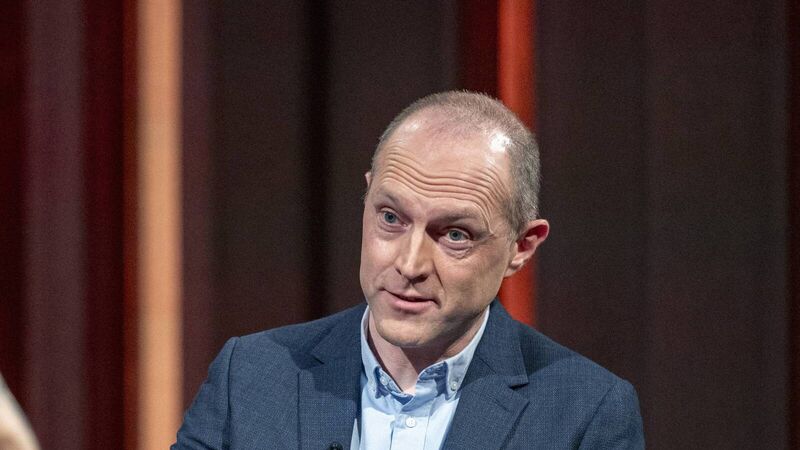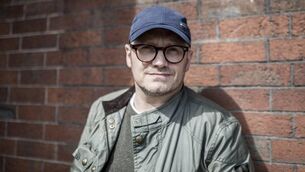Tommy Tiernan Show recap: Prof Brendan Kelly on Ireland’s ‘epidemic of mental hospitals’

Professor of Psychiatry Brendan Kelly on the Tommy Tiernan Show
Snooker player Stephen Hendry spoke on Saturday night’s Tommy Tiernan Show about his career as a world champion snooker player and the pressures of fame.
He became a professional player at 16 and took his talent for granted, saying it was “difficult to keep the enthusiasm” for long hours of practise as he got older.






